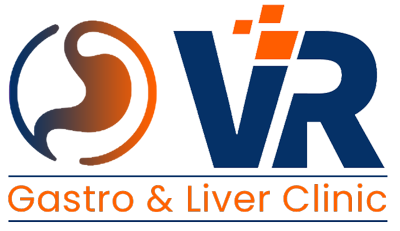What is gastroenterology?
Gastroenterology is the branch of medicine focused on the digestive system and its disorders. This includes the esophagus, stomach, intestines, liver, pancreas, and gallbladder. Gastroenterologists in vijayawada are specialists who diagnose and treat conditions such as GERD, IBS, Crohn’s disease, and liver disease.
What conditions do gastroenterologists treat?
Gastroenterologists treat a wide range of conditions, including acid reflux (GERD), irritable bowel syndrome (IBS), inflammatory bowel disease (IBD) like Crohn’s disease and ulcerative colitis, liver diseases like hepatitis and fatty liver, pancreatic disorders, and more.
What should I expect during a gastroenterology consultation?
During your consultation, the gastroenterologist will review your medical history, discuss your symptoms, and recommend diagnostic tests such as blood work, imaging, or endoscopy. The goal is to create a personalized treatment plan tailored to your specific needs.
What is an endoscopy, and why might I need one?
An endoscopy is a procedure where a thin, flexible tube with a camera (endoscope) is used to view the inside of your digestive tract. It is commonly used to diagnose conditions like GERD, ulcers, and cancer. Your gastric doctor in vijayawada may recommend an endoscopy if you have symptoms like chronic heartburn, difficulty swallowing, or unexplained stomach pain.
How should I prepare for a colonoscopy?
Preparation for a colonoscopy typically involves following a special diet the day before the procedure and taking a bowel-cleansing solution to clear the intestines. Detailed instructions will be provided by your doctor to ensure a successful examination.
What are the symptoms of inflammatory bowel disease (IBD)?
Symptoms of IBD, which includes Crohn’s disease and ulcerative colitis, can vary but often include chronic diarrhea, abdominal pain, weight loss, and fatigue. If you experience these symptoms, it’s important to seek evaluation from a gastroenterologist for proper diagnosis and treatment.
How is liver disease diagnosed and treated?
Liver disease is diagnosed through a combination of blood tests, imaging studies, and sometimes a liver biopsy. Treatment depends on the specific type of liver disease and may include medication, lifestyle changes, or in advanced cases, liver transplantation.
What dietary changes can help manage IBS?
Managing IBS often involves dietary changes, such as avoiding trigger foods (like dairy, gluten, or fatty foods), eating smaller meals, and incorporating fiber-rich foods. Our gastroenterologists and dietitians can provide a personalized nutrition plan to help manage your symptoms.
